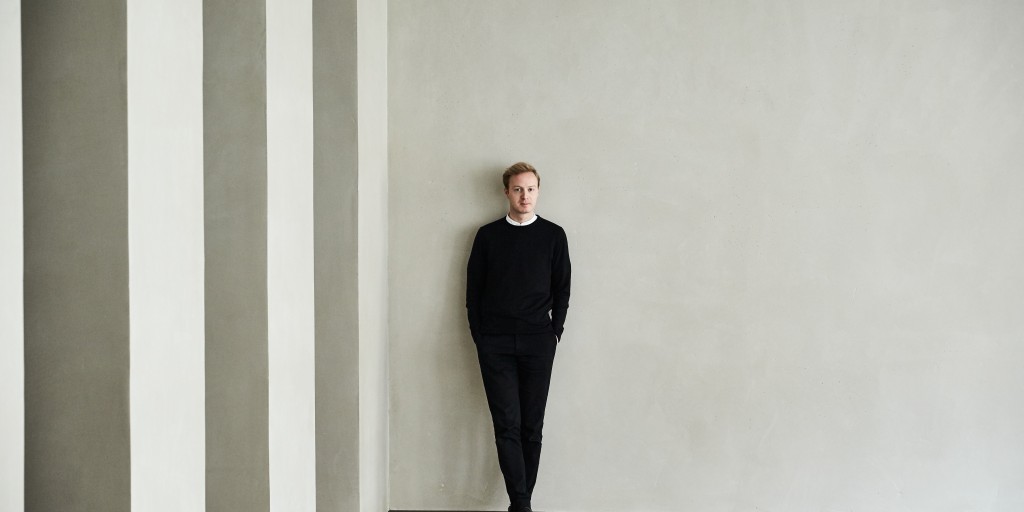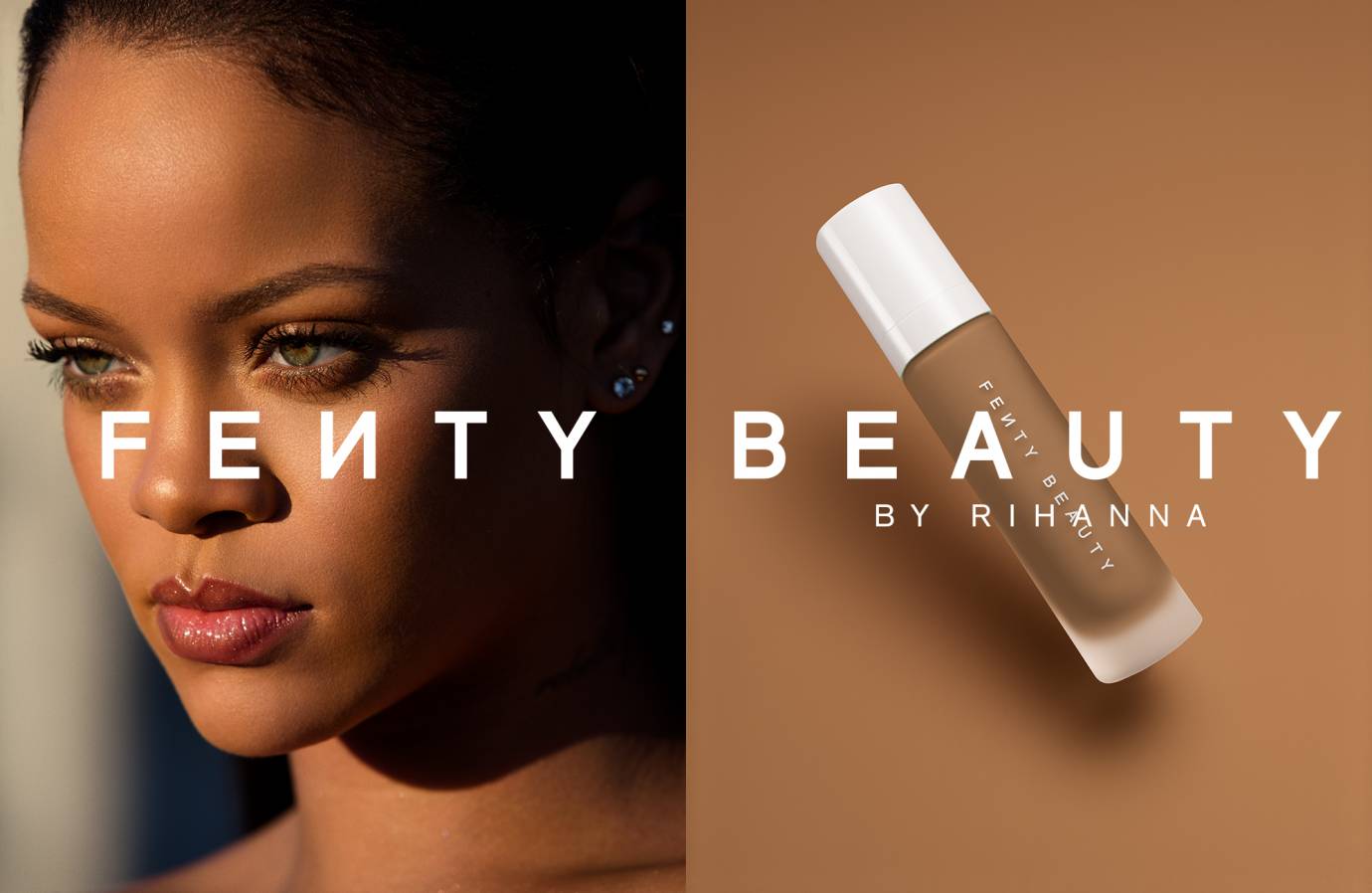Minimalism is definitely hot right now. But not everyone is head over heels about it.
The Guardian recently published seething op-ed against the trend, and the piece delivered a very valid argument:
Minimalism, the argument went — despite pushing the idea of doing more with less — is really just “pretending that [doing so] is somehow a noble or morally positive way to spend your money.
It is just another form of conspicuous consumption. . . . Long story short, the past 10 years or so has sold us one of the most oddly logical, yet no less cloying, answers to our hyper-consumerist late capitalism: minimalism as a secular kind of religion, an add-on to the cultures of yoga and green juices and general living well by putting together a tapas platter of cultural and spiritual practices without ever fully committing to one.”
Let’s assess this through the modern luxury lens first…
- The red thread: From Everlane to Kit and Ace, Common Projects to Uniform Wares, minimalism is a fundamental aesthetic force behind the majority of MLCs on the market. (In fact, we’ve highlighted that in our report on how to define what a modern luxury company truly is — and bear with us, that definition is still ongoing.)
- Why the minimalist route though? One of the biggest reasons behind why so many emerging brands have chosen the minimalist route as their reference point are logical: minimalism, unlike more aggressive aesthetic schools, has a more trend-resistant nature. Even from the Bauhaus days in the 1920s, and certainly with Dieter Rams and midcentury modern design, the products from those eras — buildings, clocks, radios, to take just a few examples — still hold up remarkably well and look just as current today as they did this many decades ago. Modern luxury brands (most of them at least) are driven by the idea of longevity and purpose behind the items they produce, so minimalism would seem to be a natural choice. Minimalist clothes, by their lack of over-design, are also usually more versatile than other styles.
That’s not to say, however, that minimalism, and the companies that embrace it, aren’t without their faults, as The Guardian editorial argues.
The biggest point of contention at The Guardian: That the “moral upgrade” from decluttering and paring down is a choice that only those with the financial means are able to make. It is, in other words, a way of absorbing the “morality of poverty” and plucking the “desirable aesthetics” from that world without having to actually be poor. Those in poverty don’t have the advantage of being able to pick and choose which parts to participate in, and if asked they’d be unlikely to draw any moral Certainly, a valid point.
In a flash, this can quickly recede into a class, gender, or privilege debate, which, as a business-driven publication, are topics Lean Luxe chooses to not engage in.
Still, we can’t help but wonder: If most MLCs are choosing minimalism, at what point does the choice start to be seen as more of a crutch (and proof of a lack of ideas) than a strength for them?






